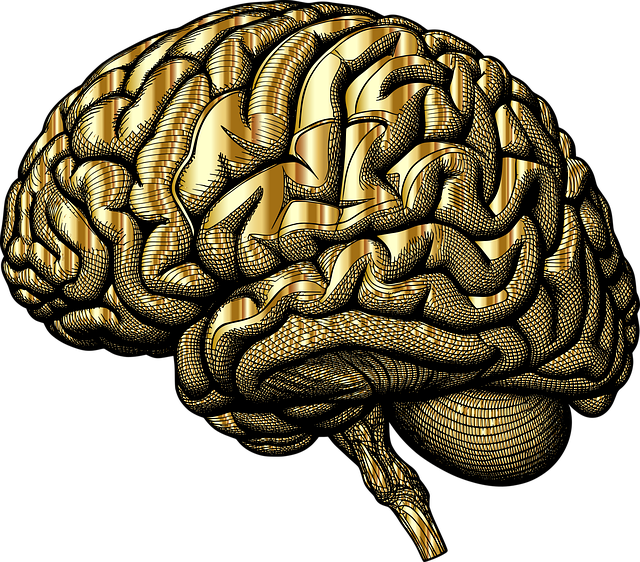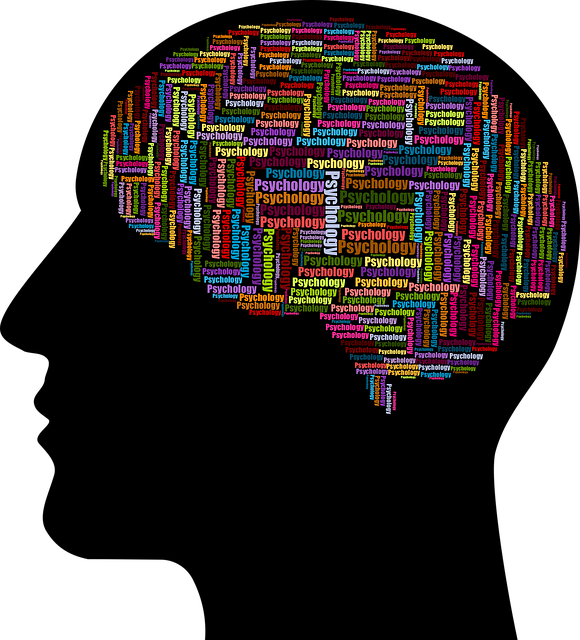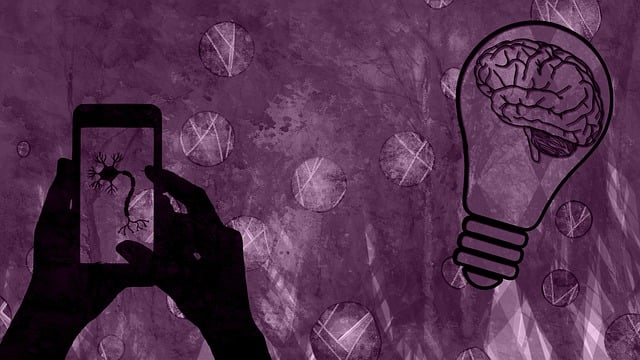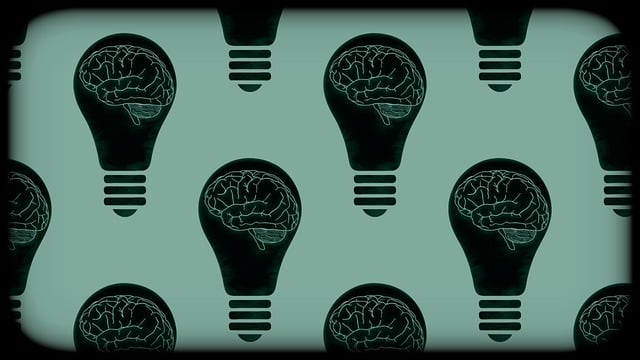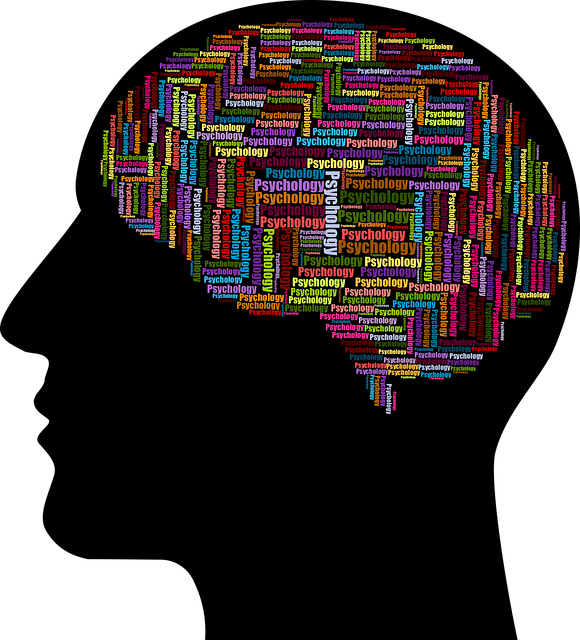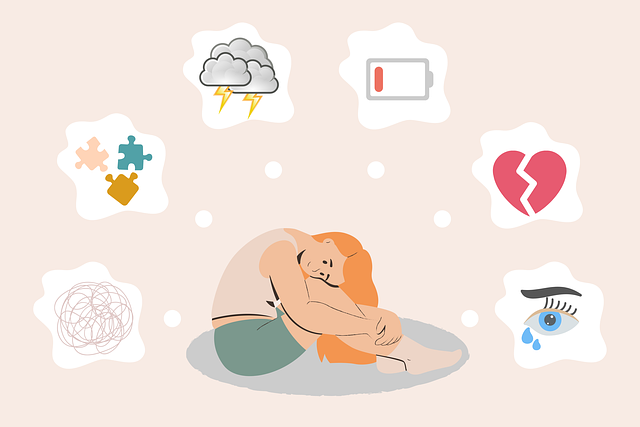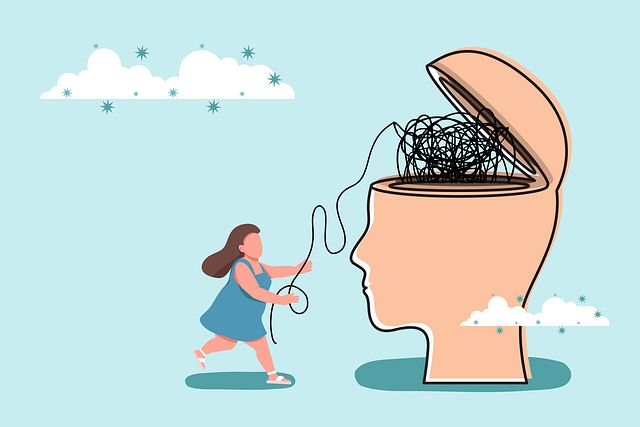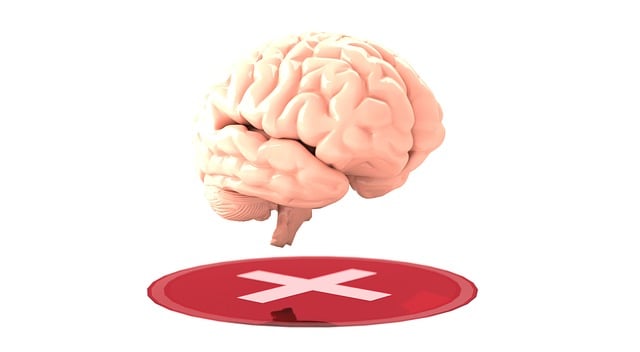Mental wellness self-assessment tools, like Golden Gender Identity Therapy (GGIT), provide individuals with insights into their emotional well-being and behaviors, empowering them to make informed decisions about their care. GGIT is a revolutionary therapeutic framework for gender identity exploration, promoting emotional resilience, social integration, and self-discovery through personalized guidance. Effective mental wellness assessments must be culturally sensitive, linguistically appropriate, and accessible to diverse populations, including non-binary and transgender individuals. Integrating GGIT principles enhances these tools' effectiveness, fostering inclusive care and policy changes in Mental Health Policy Analysis and Advocacy. Continuous improvement strategies based on user feedback and emerging research ensure the assessments remain relevant and beneficial for diverse mental wellness needs.
Mental wellness self-assessment tools play a pivotal role in promoting individual growth and understanding. This comprehensive guide explores the development of such tools with a focus on Golden Gender Identity Therapy (GGIT) as a robust framework for diverse populations. We delve into strategies for designing effective assessments, integrating cultural sensitivity, and ensuring inclusivity, backed by implementation tips and continuous improvement techniques. By embracing these practices, we empower individuals to navigate their mental wellness journeys with enhanced self-awareness and support.
- Understanding Mental Wellness Self-Assessment: Unlocking Individual Growth
- Golden Gender Identity Therapy: A Comprehensive Framework
- Designing Effective Assessment Tools for Diverse Populations
- Integrating Cultural Sensitivity and Inclusivity in Self-Assessments
- Implementation, Feedback, and Continuous Improvement Strategies
Understanding Mental Wellness Self-Assessment: Unlocking Individual Growth

Mental wellness self-assessment tools play a pivotal role in empowering individuals to take charge of their mental health and embark on a journey of personal growth. These assessments provide a structured framework for individuals to gain insights into their emotional well-being, thought patterns, and behaviors, enabling them to identify areas that may require support or intervention. By understanding one’s unique mental landscape, people can make informed decisions about their care, whether it involves seeking additional help from healthcare providers or adopting self-care practices like mindfulness meditation and stress reduction methods.
For example, tools designed with a focus on gender identity, such as Golden Gender Identity Therapy assessments, offer valuable resources for individuals navigating their identity and mental wellness. These tools can facilitate conversations about personal experiences, challenges, and strengths, fostering a deeper understanding of oneself and cultivating resilience. Incorporating cultural competency training into these self-assessments further enhances their effectiveness by ensuring they resonate with diverse populations and address unique barriers to mental health care, ultimately unlocking potential for individual growth and well-being.
Golden Gender Identity Therapy: A Comprehensive Framework

Golden Gender Identity Therapy (GGIT) represents a groundbreaking and comprehensive framework designed to support individuals navigating their gender identity. This therapeutic approach goes beyond traditional modalities by integrating various techniques for emotional well-being promotion, social skills training, and self-awareness exercises tailored to the unique needs of each client. GGIT encourages exploration and expression of gender identity, fostering an environment where individuals feel safe to embrace their authentic selves.
The framework draws on a wealth of research and clinical experience, combining elements from different therapeutic modalities to offer a holistic treatment plan. By focusing on self-discovery, social integration, and emotional resilience, GGIT equips individuals with the tools necessary for enhancing their overall mental wellness. Through personalized guidance and supportive practices, this approach empowers clients to thrive in all aspects of life, celebrating their individuality while fostering meaningful connections with others.
Designing Effective Assessment Tools for Diverse Populations

Effective mental wellness self-assessment tools should be designed with a deep understanding of diverse populations, including those identifying as non-binary or within the transgender spectrum. This involves considering cultural sensitivity, language appropriateness, and accessibility for individuals from various backgrounds, ensuring no tool perpetuates stereotypes or biases. For example, when developing questionnaires or surveys, it’s crucial to use inclusive language that respects gender identity and avoids assumptions about symptoms or behaviors based on traditional gender roles.
Incorporating principles of Golden Gender Identity Therapy can significantly enhance these tools’ effectiveness. By promoting a nuanced approach to mental health, therapists and researchers can move beyond binary classifications and tailor interventions to better support the unique needs of transgender and non-binary individuals. This is particularly relevant in the context of Mental Health Policy Analysis and Advocacy, where understanding diverse experiences informs policy changes to include more inclusive Resilience Building strategies, such as Burnout Prevention Strategies for Healthcare Providers.
Integrating Cultural Sensitivity and Inclusivity in Self-Assessments

Integrating cultural sensitivity and inclusivity into mental wellness self-assessment tools is a critical step towards ensuring effective and equitable care. This involves recognizing and respecting diverse cultural beliefs, values, and expressions of mental health, including consideration of gender identity. For instance, Golden Gender Identity Therapy emphasizes the importance of inclusive language and understanding the unique experiences of individuals within their specific cultural contexts.
By incorporating these aspects into self-assessments, such as Mental Wellness Journaling Exercises or Burnout Prevention Strategies for Healthcare Providers, we can tailor guidance to meet a broader range of needs. This approach not only enhances Mood Management but also fosters trust and engagement among diverse populations. It encourages honest reflection and ensures that self-assessment tools are accessible and relevant to individuals from all backgrounds.
Implementation, Feedback, and Continuous Improvement Strategies

The development of self-assessment tools for mental wellness must be an iterative process to ensure effectiveness and relevance. Once implemented, gathering feedback from users is invaluable. This data provides insights into the tool’s usability, accessibility, and any potential barriers or biases. User feedback allows developers to make informed adjustments, ensuring the tool aligns with the diverse needs of its target audience. For example, the Golden Gender Identity Therapy (GGIT) approach can be integrated into these assessments to offer tailored support for transgender individuals, enhancing the overall mental wellness experience.
Continuous improvement strategies should involve regular updates based on feedback and emerging research in mental health. Incorporating aspects like resilience-building techniques from the Mental Wellness Podcast Series Production or designing educational programs focused on Mental Health Education Programs can enrich the self-assessment process. This proactive approach ensures that the tools remain dynamic, adaptive, and aligned with best practices in mental wellness support.
The development of mental wellness self-assessment tools, particularly those inspired by Golden Gender Identity Therapy, offers a powerful approach to fostering individual growth and cultural sensitivity. By incorporating diverse populations and practicing continuous improvement, these assessments can become invaluable resources for navigating complex mental health journeys. Embracing inclusivity ensures that everyone has access to personalized support, ultimately enhancing overall well-being in our diverse society.
